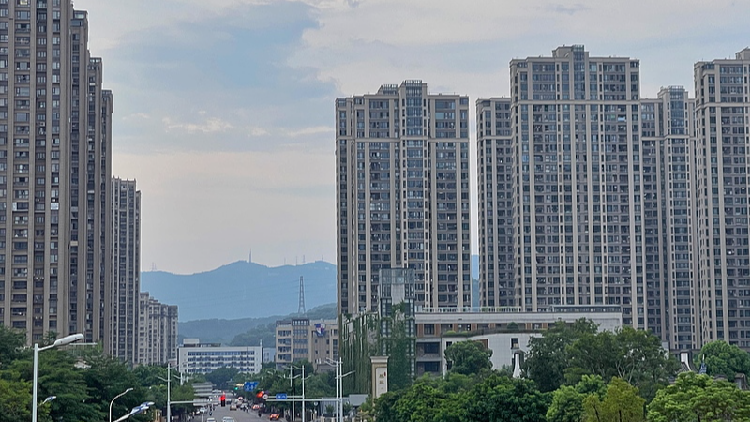China Lowers Loan Prime Rates in Push to Stimulate Economic Expansion
China's loan prime rates (LPRs) have decreased as part of efforts to stimulate economic growth.

This is the third reduction of the LPR this year, part of a broader initiative by the country to lower financing costs, encourage a rebound in credit demand, and stimulate consumption and investment.
The adjustments surpassed market forecasts, as both the one-year and over-five-year LPRs were cut by the maximum permissible amount, noted Wu Bin, an analyst at China Minsheng Bank. Central bank governor Pan Gongsheng indicated last week that the LPRs would decrease by 0.2 to 0.25 percentage points.
Wu emphasized that these changes demonstrate the government's commitment to fostering economic recovery through monetary policy.
In late September, the central bank also reduced the interest rate on seven-day reverse repos, a critical short-term policy rate, by 20 basis points, and lowered the reserve requirement ratio for financial institutions by 0.5 percentage points.
In response to central bank policies, major commercial banks have already begun to decrease their deposit rates.
Further supporting the real economy, Pan suggested during his speech at the Annual Conference of Financial Street Forum 2024 last week that the reserve requirement ratio could be cut by an additional 0.25 to 0.5 percentage points in 2024, depending on liquidity conditions.
Analysts view these actions as part of a coordinated effort by the government to enhance counter-cyclical adjustments, stabilize capital and property markets, and promote high-level financial openness.
"These LPR cuts are in line with the current macroeconomic policy direction and serve as key mechanisms for transmitting impactful interest rate cuts to the real economy," remarked Wang Qing, chief economist at Golden Credit Rating, a credit rating agency based in China.
Wang noted that the larger-than-expected LPR reductions reflect the government's intent to guide significant decreases in loan rates for businesses and households, especially for new residential mortgages.
To alleviate the financial strain on homeowners, the central bank has instructed commercial banks to lower interest rates on existing mortgage loans. This initiative will save borrowers 150 billion yuan and benefit 50 million households, as stated by Tao Ling, deputy governor of the central bank, at a recent press conference.
These policy changes followed a significant meeting held by the Political Bureau of the Communist Party of China Central Committee in late September, which emphasized the necessity for intensified economic efforts, including impactful interest rate reductions and the stabilization of the property market.
Looking forward, Wang anticipates that the LPR reductions will enhance economic growth momentum, help stabilize the property sector, and provide essential support for meeting this year's economic growth targets.
Anna Muller for TROIB News
Find more stories on Business, Economy and Finance in TROIB business












